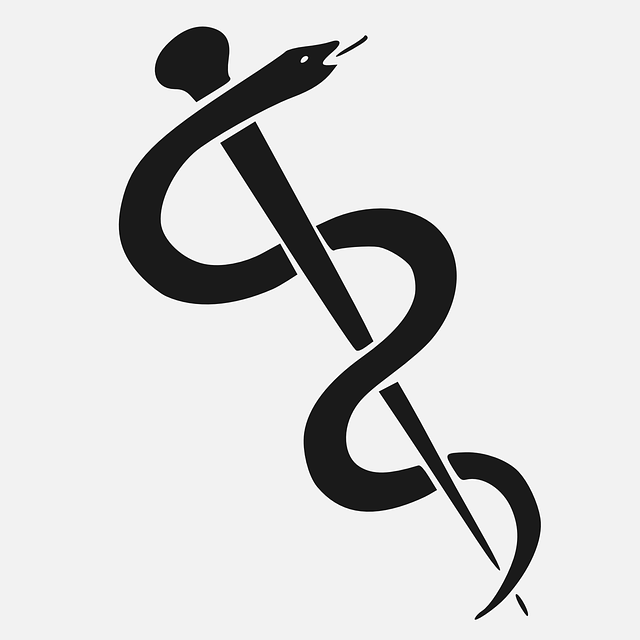Understanding Ranitidine: Dosage, Uses, and Side Effects

Ranitidine, a medication commonly used to treat various gastrointestinal conditions, has been a staple in many households. It’s primarily known for its role in reducing stomach acid, making it effective for conditions like gastroesophageal reflux disease (GERD) and peptic ulcers. However, as with any medication, understanding its proper use, dosage, and potential side effects is crucial for safe and effective treatment.
What is Ranitidine?
Ranitidine belongs to a class of drugs known as H2 blockers. These medications work by blocking the action of histamine on the stomach cells, which in turn decreases the production of stomach acid. This can provide relief from symptoms such as heartburn and discomfort associated with acid-related disorders.
Uses of Ranitidine
Ranitidine is primarily prescribed for:
- Gastroesophageal Reflux Disease (GERD): Helps to alleviate heartburn and acid regurgitation.
- Peptic Ulcers: Aids in healing and preventing the recurrence of ulcers.
- Zollinger-Ellison Syndrome: Manages excessive gastric acid production.
- Prevention of Stomach Ulcers: Often used in patients taking NSAIDs or with a history of ulcers.
Dosage Information
The dosage of ranitidine can vary based on the condition being treated. It’s essential to follow your healthcare provider’s instructions. Here’s a general guideline:
| Condition | Typical Dosage | Frequency |
|---|---|---|
| GERD | 75 mg to 150 mg | Once or twice daily |
| Peptic Ulcers | 150 mg | Twice daily |
| Zollinger-Ellison Syndrome | Up to 600 mg | Divided doses |
Potential Side Effects
While ranitidine is generally well-tolerated, some individuals may experience side effects. Common side effects include:
- Headaches
- Dizziness
- Constipation or diarrhea
- Fatigue
In rare cases, more serious side effects may occur, such as:
- Severe allergic reactions (rash, itching, swelling)
- Liver problems (jaundice, dark urine)
- Heart rhythm changes
Important Considerations
Ranitidine was widely used until concerns about its safety emerged. In 2020, the FDA requested the withdrawal of all ranitidine products from the market due to potential contamination with N-nitrosodimethylamine (NDMA), a substance that could cause cancer. It is crucial to consult with your healthcare provider for alternatives if you’re currently taking ranitidine. You can read more about this issue on reputable health sites such as the FDA website.
Final Thoughts
Ranitidine has been a valuable medication for many, but due to recent health concerns, its use has significantly declined. Always prioritize safety by discussing any medications, including alternatives, with your healthcare provider. Understanding the appropriate use, dosage, and potential side effects of ranitidine can help you make informed health decisions.
